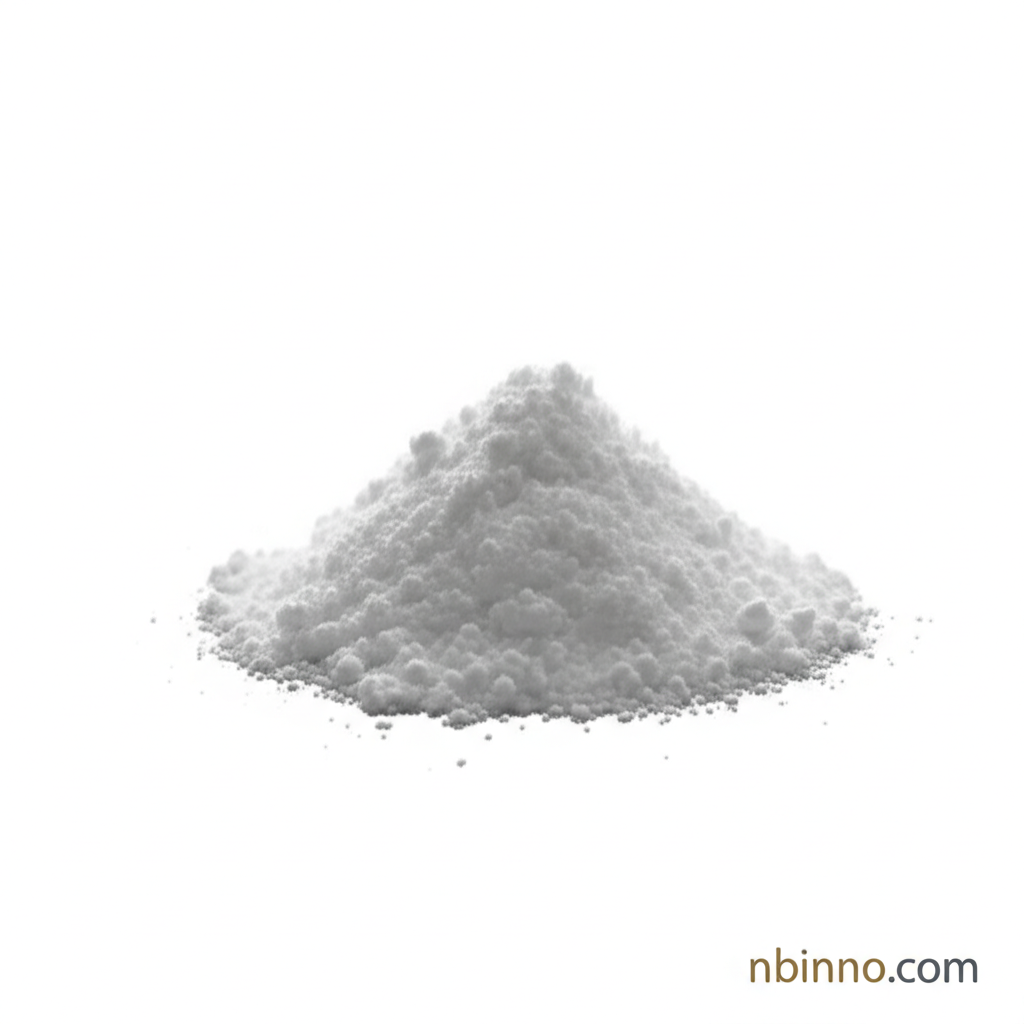Fingolimod Hydrochloride: A Breakthrough in Multiple Sclerosis Management
Understanding the impact of fingolimod hydrochloride in treating relapsing forms of multiple sclerosis.
Get a Quote & SampleProduct Core Value

Fingolimod Hydrochloride
Fingolimod hydrochloride is a vital pharmaceutical chemical used for the treatment of relapsing forms of multiple sclerosis (MS). It acts as an immunomodulator by selectively targeting sphingosine-1-phosphate (S1P) receptors, which influences lymphocyte trafficking. By sequestering lymphocytes in lymph nodes, it prevents them from entering the central nervous system and causing inflammatory damage characteristic of MS. This mechanism is key to reducing the frequency of relapses and potentially slowing disease progression.
- Fingolimod hydrochloride uses include treating clinically isolated syndrome, relapsing-remitting MS, and active secondary progressive MS, offering a new avenue for patients.
- The fingolimod mechanism of action involves modulating the immune system by reducing lymphocyte migration, a critical factor in MS pathogenesis.
- Potential fingolimod side effects require careful patient monitoring, including cardiac effects and increased risk of infections.
- Understanding the fingolimod hydrochloride drug interactions is crucial for safe and effective patient management.
Key Advantages
Reduced Relapse Frequency
Fingolimod hydrochloride has demonstrated a significant reduction in the frequency of multiple sclerosis relapses, as supported by various fingolimod hydrochloride clinical trials.
Oral Administration
The availability of fingolimod hydrochloride in oral dosage forms offers greater convenience compared to injectable treatments for MS, contributing to better patient adherence.
Disease Modification
This pharmaceutical chemical not only manages symptoms but also aims to modify the underlying disease progression in MS, providing a long-term therapeutic benefit.
Key Applications
Multiple Sclerosis Treatment
The primary application of fingolimod hydrochloride is in the management of relapsing forms of multiple sclerosis, addressing critical aspects of the disease.
Immunomodulation
Its role as an immunomodulator makes it a valuable compound for conditions where immune system dysregulation is a central problem.
Pharmaceutical Intermediate
As an API, it serves as a crucial component in the formulation of medications, highlighting its importance in the pharmaceutical supply chain.
Research and Development
Ongoing research explores further applications and the nuances of the fingolimod hydrochloride mechanism of action for potential broader therapeutic uses.
